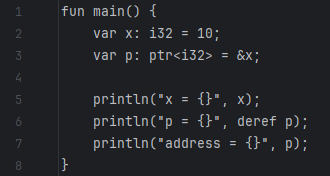Introduction to Cilium CNI for Kubernetes
As containerized environments and microservices architectures continue to grow in popularity, networking in cloud native applications has become more complex. Traditional networking solutions often struggle to scale and provide the required performance and security for modern workloads. This is where Cilium, a networking and security project based on eBPF (Extended Berkeley Packet Filter), is making a big impact. In this article, we will look into Cilium as a Container Network Interface (CNI) solution, exploring how it works, its key features, and the benefits it brings to Kubernetes environments. What is Cilium? Cilium is an open-source project that provides advanced networking, security, and observability for containerized applications. It uses eBPF to enable high-performance, dynamic networking and security capabilities in modern cloud-native infrastructures. eBPF is a Linux kernel technology that allows the execution of custom programs in the kernel without modifying the kernel code. It provides a highly efficient way to monitor, filter, and manipulate network traffic at scale, making it an ideal choice for containerized environments that demand both speed and flexibility. Cilium as CNI: The Basics The Container Network Interface (CNI) is a specification that defines how networking is configured for containers in a Kubernetes cluster. Cilium is a modern CNI plugin that replaces traditional networking solutions with a focus on performance, security, and scalability. By leveraging eBPF, Cilium can provide a more efficient and dynamic network infrastructure for Kubernetes and container-based workloads. In a Kubernetes cluster, the CNI plugin is responsible for managing pod-to-pod networking, allocating IP addresses, configuring network policies, and ensuring communication between services. Traditional CNIs, like Calico and Flannel, use iptables or similar tools to manage networking and network policies. Cilium, however, takes a different approach by using eBPF to manage networking and security at a much lower level, providing a number of unique advantages. Key Features of Cilium as CNI eBPF-Powered Networking and Security Cilium’s key differentiator is its use of eBPF. By offloading networking and security logic directly to the kernel, Cilium provides several advantages: Low Latency: eBPF programs run directly in the kernel, enabling fast and efficient packet processing. Granular Security: Cilium can implement security policies based on application-level information (such as HTTP, gRPC, or Kafka), instead of relying on lower-level IP or port-based rules. Dynamic and Programmable: Cilium’s use of eBPF allows dynamic program updates without kernel recompilation, enabling real-time adjustments to networking and security policies. Kubernetes Network Policies Cilium integrates seamlessly with Kubernetes network policies and provides extended functionality. In addition to standard IP-based policy enforcement, Cilium supports application-level policy enforcement using metadata like HTTP headers, DNS names, and more. This allows for more sophisticated and fine-grained security policies that go beyond traditional Layer 3 (IP) and Layer 4 (port) rules, such as: Identity-based Policies: Policies based on the service identity rather than IP addresses, improving security in dynamic and distributed environments. Service-Level Policies: Policies can be created based on the actual service communication, which is important in a microservices environment. High Scalability and Performance Traditional CNIs often struggle with scaling to large clusters due to the overhead introduced by complex iptables rules. Cilium, on the other hand, uses eBPF to process packets directly in the kernel with minimal overhead, offering much better performance. This is crucial for large-scale Kubernetes clusters and environments with high throughput demands. Observability and Monitoring Cilium provides deep observability into the networking layer. With Hubble, Cilium’s observability platform, users can monitor and troubleshoot network traffic, visualize flows between services, and view security-related events in real time. Key observability features include: Service-Level Metrics: Cilium provides rich metrics on application-level communication. Flow Visibility: With Hubble, you can track the flow of traffic between pods, services, and external systems, helping in troubleshooting and network performance optimization. Load Balancing Cilium also supports both ingress and egress load balancing. It can act as an internal load balancer for Kubernetes services, improving performance and ensuring high availability for services running within the cluster. By using eBPF, Cilium offers a more efficient and scalable approach to load balancing than traditional methods. Cilium vs. Traditional CNI Plugins While Cilium is a relatively new entrant compared to est
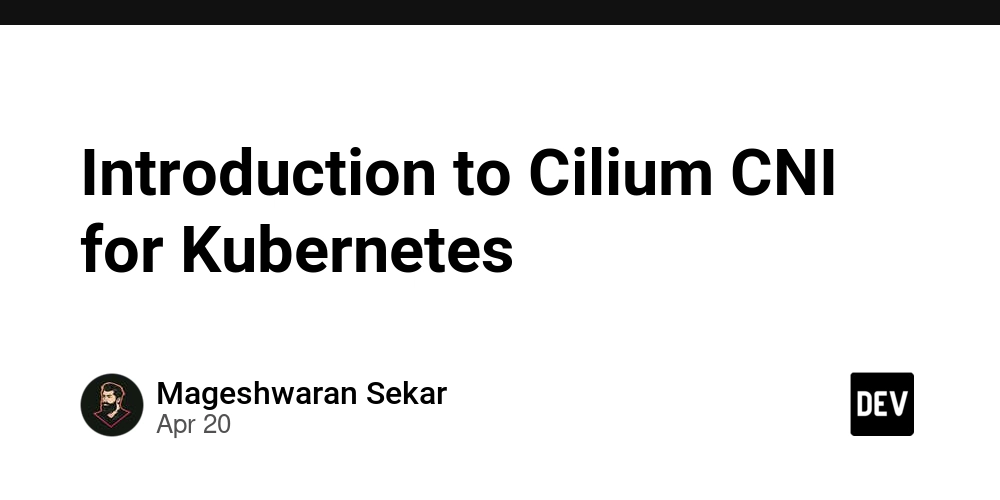
As containerized environments and microservices architectures continue to grow in popularity, networking in cloud native applications has become more complex. Traditional networking solutions often struggle to scale and provide the required performance and security for modern workloads. This is where Cilium, a networking and security project based on eBPF (Extended Berkeley Packet Filter), is making a big impact.
In this article, we will look into Cilium as a Container Network Interface (CNI) solution, exploring how it works, its key features, and the benefits it brings to Kubernetes environments.
What is Cilium?
Cilium is an open-source project that provides advanced networking, security, and observability for containerized applications. It uses eBPF to enable high-performance, dynamic networking and security capabilities in modern cloud-native infrastructures.
eBPF is a Linux kernel technology that allows the execution of custom programs in the kernel without modifying the kernel code. It provides a highly efficient way to monitor, filter, and manipulate network traffic at scale, making it an ideal choice for containerized environments that demand both speed and flexibility.
Cilium as CNI: The Basics
The Container Network Interface (CNI) is a specification that defines how networking is configured for containers in a Kubernetes cluster. Cilium is a modern CNI plugin that replaces traditional networking solutions with a focus on performance, security, and scalability. By leveraging eBPF, Cilium can provide a more efficient and dynamic network infrastructure for Kubernetes and container-based workloads.
In a Kubernetes cluster, the CNI plugin is responsible for managing pod-to-pod networking, allocating IP addresses, configuring network policies, and ensuring communication between services. Traditional CNIs, like Calico and Flannel, use iptables or similar tools to manage networking and network policies. Cilium, however, takes a different approach by using eBPF to manage networking and security at a much lower level, providing a number of unique advantages.
Key Features of Cilium as CNI
- eBPF-Powered Networking and Security
Cilium’s key differentiator is its use of eBPF. By offloading networking and security logic directly to the kernel, Cilium provides several advantages:
- Low Latency: eBPF programs run directly in the kernel, enabling fast and efficient packet processing.
- Granular Security: Cilium can implement security policies based on application-level information (such as HTTP, gRPC, or Kafka), instead of relying on lower-level IP or port-based rules.
-
Dynamic and Programmable: Cilium’s use of eBPF allows dynamic program updates without kernel recompilation, enabling real-time adjustments to networking and security policies.
- Kubernetes Network Policies
Cilium integrates seamlessly with Kubernetes network policies and provides extended functionality. In addition to standard IP-based policy enforcement, Cilium supports application-level policy enforcement using metadata like HTTP headers, DNS names, and more.
This allows for more sophisticated and fine-grained security policies that go beyond traditional Layer 3 (IP) and Layer 4 (port) rules, such as:
- Identity-based Policies: Policies based on the service identity rather than IP addresses, improving security in dynamic and distributed environments.
-
Service-Level Policies: Policies can be created based on the actual service communication, which is important in a microservices environment.
- High Scalability and Performance
Traditional CNIs often struggle with scaling to large clusters due to the overhead introduced by complex iptables rules. Cilium, on the other hand, uses eBPF to process packets directly in the kernel with minimal overhead, offering much better performance. This is crucial for large-scale Kubernetes clusters and environments with high throughput demands.
- Observability and Monitoring
Cilium provides deep observability into the networking layer. With Hubble, Cilium’s observability platform, users can monitor and troubleshoot network traffic, visualize flows between services, and view security-related events in real time.
Key observability features include:
- Service-Level Metrics: Cilium provides rich metrics on application-level communication.
-
Flow Visibility: With Hubble, you can track the flow of traffic between pods, services, and external systems, helping in troubleshooting and network performance optimization.
- Load Balancing
Cilium also supports both ingress and egress load balancing. It can act as an internal load balancer for Kubernetes services, improving performance and ensuring high availability for services running within the cluster.
By using eBPF, Cilium offers a more efficient and scalable approach to load balancing than traditional methods.
Cilium vs. Traditional CNI Plugins
While Cilium is a relatively new entrant compared to established CNIs like Calico, Flannel, and Weave, it offers several distinct advantages:
- Performance: Traditional CNIs rely on iptables for networking, which can introduce significant overhead. Cilium’s eBPF-based approach reduces the performance bottlenecks typically seen with iptables, especially in large-scale environments.
- Security: Cilium's security model is built around identity-based security policies, making it more suitable for microservices environments where IP addresses may change frequently. Traditional CNIs rely on IP-based security policies, which are harder to manage and less flexible.
- Observability: While traditional CNIs offer basic network monitoring, Cilium's Hubble platform offers deep insights into application-level traffic, allowing users to troubleshoot, optimize, and secure their network more effectively.
How to Set Up Cilium as a CNI in Kubernetes
Setting up Cilium as a CNI in Kubernetes is straightforward. Below are the basic steps to get started:
- Install Cilium: Cilium can be installed on a Kubernetes cluster using Helm or by applying the Cilium YAML files directly. Helm is the recommended method for easier management and upgrades.
Example installation with Helm:
helm repo add cilium https://helm.cilium.io/
helm install cilium cilium/cilium --version 1.13.1
Configure Kubernetes CNI: After installation, Cilium will be automatically configured as the primary CNI for the cluster. It will take over the networking responsibilities, including IP address management, network policy enforcement, and load balancing.
Deploy Services: Once Cilium is installed, you can deploy Kubernetes services, and Cilium will automatically handle pod-to-pod networking, enforcing policies as defined.
Enable Observability: To use Hubble for observability, you can deploy the Hubble UI and configure it to collect and display network flow data:
kubectl apply -f https://github.com/cilium/hubble/releases/download/v0.11.0/hubble-ui.yaml
Conclusion
Cilium, powered by eBPF, is revolutionizing networking and security for cloud-native applications by providing a modern, high-performance, and highly scalable solution for Kubernetes. By replacing traditional CNIs, it brings benefits such as better performance, more granular security policies, and deeper observability into the network.
As Kubernetes and microservices continue to grow in complexity, adopting innovative tools like Cilium ensures that your network is both fast and secure, able to handle the demands of modern, dynamic cloud-native environments. Whether you're running a small-scale Kubernetes cluster or managing a large-scale microservices deployment, Cilium is a powerful choice that can simplify network management while providing robust security and observability features.









































































































































































![[The AI Show Episode 144]: ChatGPT’s New Memory, Shopify CEO’s Leaked “AI First” Memo, Google Cloud Next Releases, o3 and o4-mini Coming Soon & Llama 4’s Rocky Launch](https://www.marketingaiinstitute.com/hubfs/ep%20144%20cover.png)
















































































































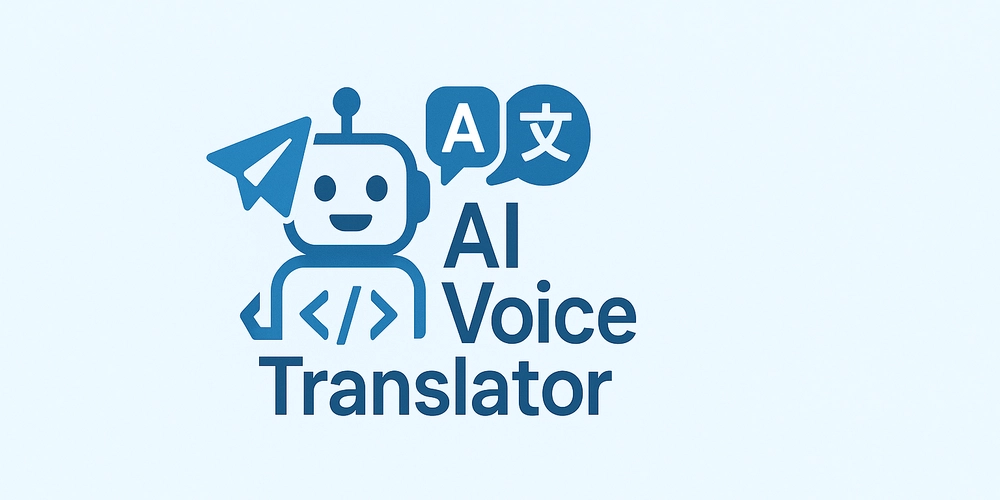
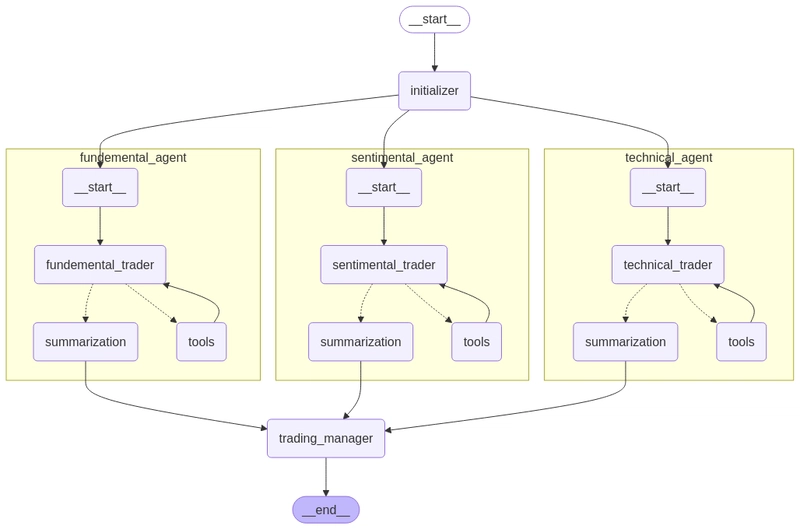
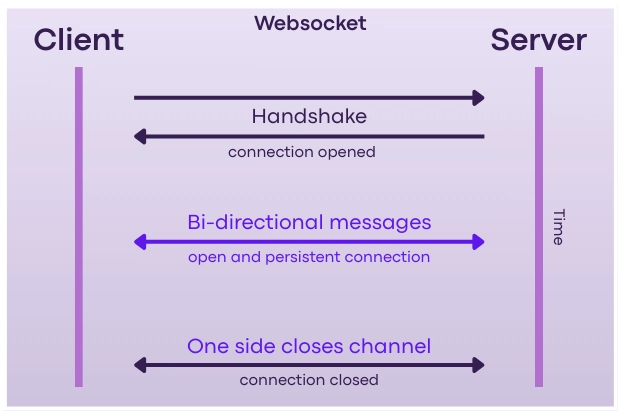










![[DEALS] The All-in-One Microsoft Office Pro 2019 for Windows: Lifetime License + Windows 11 Pro Bundle (89% off) & Other Deals Up To 98% Off](https://www.javacodegeeks.com/wp-content/uploads/2012/12/jcg-logo.jpg)



























![Is this too much for a modular monolith system? [closed]](https://i.sstatic.net/pYL1nsfg.png)






















































































































_Andreas_Prott_Alamy.jpg?width=1280&auto=webp&quality=80&disable=upscale#)




















































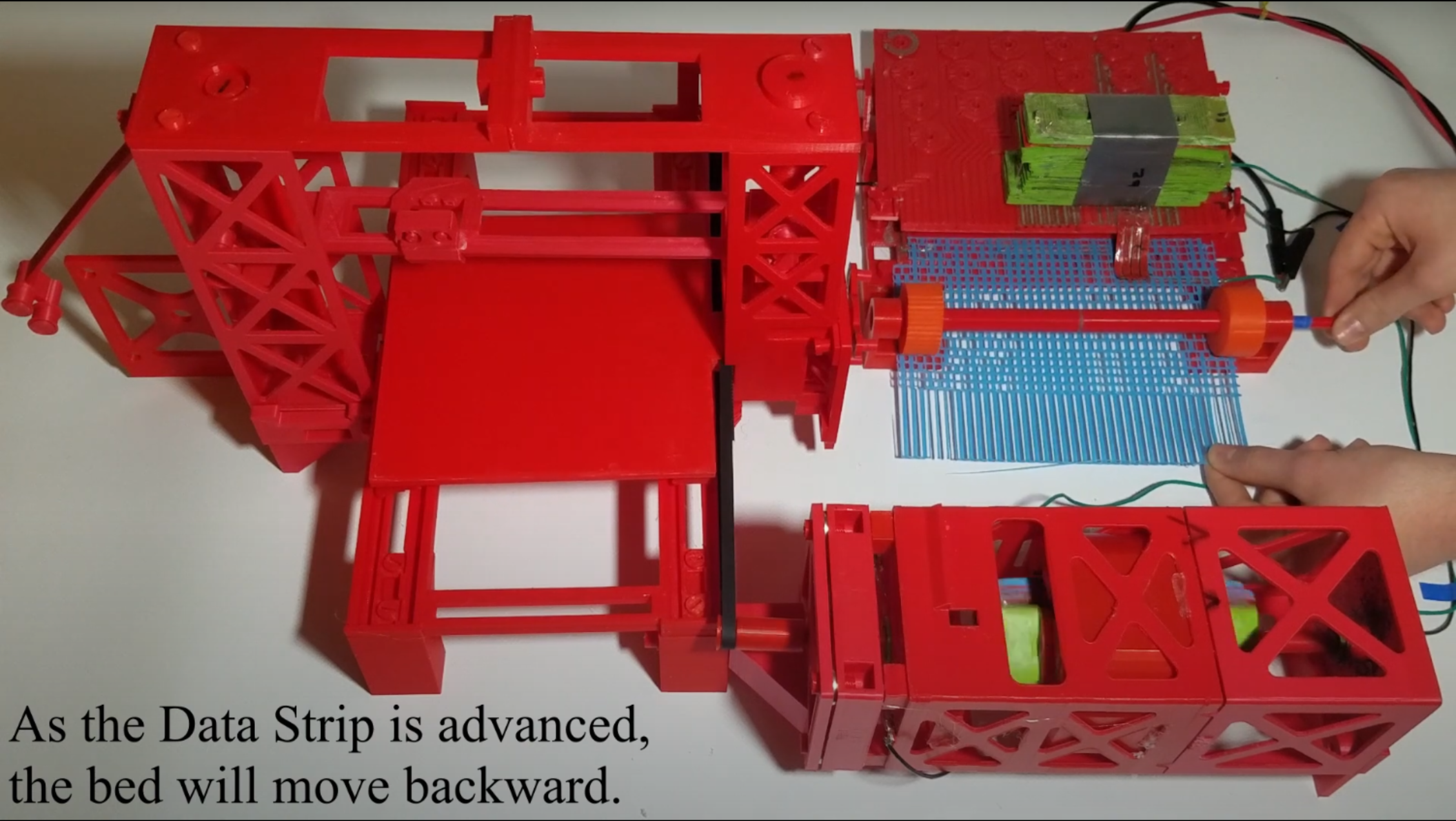









































![What features do you get with Gemini Advanced? [April 2025]](https://i0.wp.com/9to5google.com/wp-content/uploads/sites/4/2024/02/gemini-advanced-cover.jpg?resize=1200%2C628&quality=82&strip=all&ssl=1)












![Apple Shares Official Trailer for 'Long Way Home' Starring Ewan McGregor and Charley Boorman [Video]](https://www.iclarified.com/images/news/97069/97069/97069-640.jpg)
![Apple Watch Series 10 Back On Sale for $299! [Lowest Price Ever]](https://www.iclarified.com/images/news/96657/96657/96657-640.jpg)
![EU Postpones Apple App Store Fines Amid Tariff Negotiations [Report]](https://www.iclarified.com/images/news/97068/97068/97068-640.jpg)
![Apple Slips to Fifth in China's Smartphone Market with 9% Decline [Report]](https://www.iclarified.com/images/news/97065/97065/97065-640.jpg)
































































































































